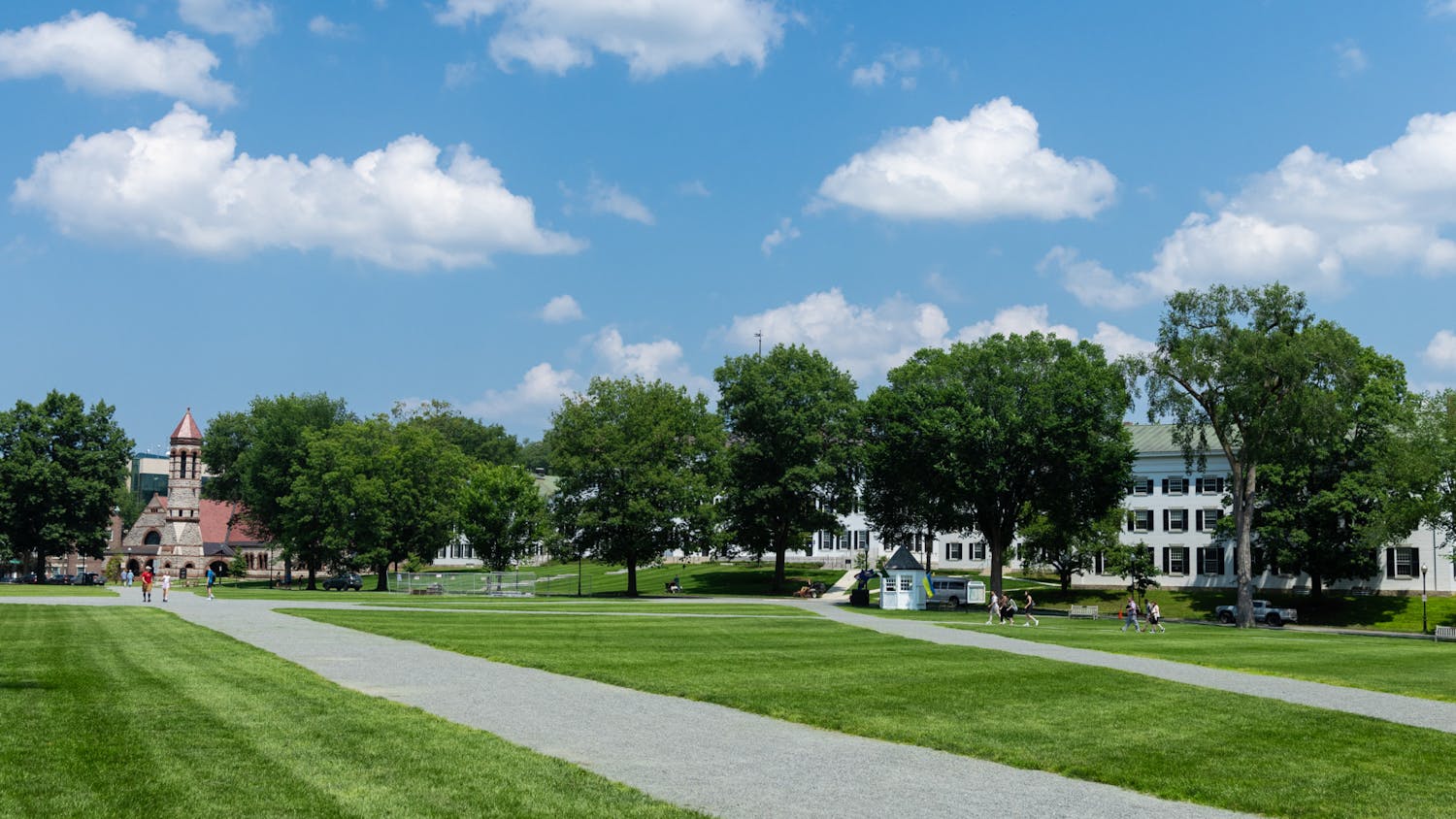In response to recommendations made by the Committee on Institutional Diversity and Equity, the College has drafted a proposed new mission statement and has placed it on the Internet to solicit the opinions of members of the Dartmouth community.
The revised mission statement is supposed to better reflect the College's commitment to diversity, according to Dean of the College James Larimore.
More attention is also given to the role played by Dartmouth's graduate and professional schools and to Dartmouth's obligations toward the natural environment and the community in the revised version.
The previous mission statement states that Dartmouth has a commitment to "enriching the Dartmouth educational and social experiences by attracting and retaining gifted and talented students, faculty and staff of diverse backgrounds, experiences, races and economic circumstances."
By contrast, the new mission statement describes Dartmouth's commitment to "encouraging the interaction of talented students, faculty, and staff from diverse backgrounds, experiences, races and economic circumstances."
The change reflects the idea that Dartmouth is committed not only to recruiting students and faculty of diverse backgrounds, but to promoting interaction among students and faculty once they arrive here, according to President of the College James Wright.
Wright noted that the insertion of a new paragraph about the importance of preparing student for a diverse world serves a similar purpose.
The new paragraph reads that Dartmouth is committed to the "belief that a Dartmouth education should prepare students for life in a diverse and increasingly complex world. An important element of learning is the ability to recognize and understand differences and similarities in the human experience."
The paragraph concludes, "At Dartmouth, we seek to celebrate difference and individuality and to reinforce inclusiveness and interaction for the purpose of learning."
Dartmouth's graduate and professional schools are mentioned more prominently in the revised version of the mission statement.
The first sentence of the original mission statement describes how Dartmouth "combines the best features of the undergraduate liberal arts college with those of the research university." In the new mission statement, the sentence reads that Dartmouth "combines the best features of the undergraduate liberal arts college with the intellectual vitality of a research university."
Also in the first paragraph, where the original version refers to Dartmouth's "select" graduate programs, the revised version calls them "excellent."
Wright said that these changes are not supposed to be substantive signs of an increased commitment to the College's graduate schools, but are rather meant to clarify ambiguities in the existing document.
The new version of the last sentence of the mission statement is also supposed to reflect a stronger sense of obligation to the environment, according to Wright. Previously, the mission statement only mentioned the opportunities Dartmouth's natural environment offers for exploration.
The original statement says that Dartmouth's location offers "unique advantages and special traditions related to exploring and understanding the self and society as they relate to the natural and physical environment of northern New England."
The new version says that Dartmouth's location offers it "unique advantages, special traditions and ongoing obligations related to understanding our relationships to our community and to our environment."
Wright said that the trustees may vote on whether or not to adopt the new mission statement at their next meeting.
He and his assistant Sheila Culbert prepared the drafts, loosely following recommendations made by the CIDE. The committee did not recommend any specific language, according to Larimore.
An explicit focus on inclusiveness in the draft mission statement is not incompatible with selective academic, extracurricular or social organizations, Larimore said.
He praised in particular the discussions about gender relations sponsored by Alpha Delta fraternity and similar efforts by Kappa Kappa Kappa fraternity in conjunction with MOSAIC as examples of the ability of such organizations to foster inclusiveness and diversity.



